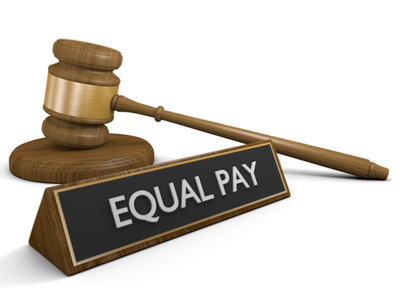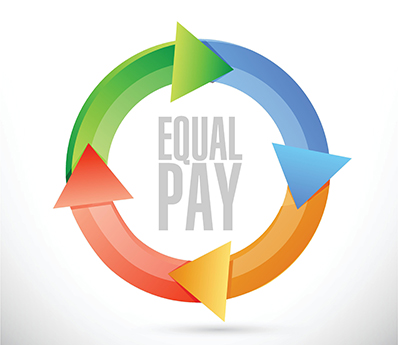In yet another development in the closely watched case of Rizo v. Yovino, the en banc Ninth Circuit ruled that employers may not defeat a plaintiff’s prima facie case under the Equal Pay Act (EPA) by arguing prior pay is a “factor other than sex” within the meaning of the statute. By doing so, the Ninth Circuit reaches the same result as the previous opinion penned by the late Judge Stephen Reinhardt before his passing in 2018, including overruling Kouba v. Allstate, a prior Ninth Circuit opinion that held that prior pay could justify pay differentials in combination with other factors, and if relied upon reasonably and to effectuate a business policy. The majority opinion further holds that as a matter of statutory interpretation, a “factor other than sex” within the meaning of the EPA must be “job related,” yet it also makes clear that the EPA does not prohibit employers from considering prior pay in making starting pay offers (and in this regard differentiates the opinion from California’s salary history ban). Two separate concurring opinions agree with the result, but they criticize the majority opinion for giving too narrow a reading of the EPA’s fourth “catch all” defense and for embracing a view of prior pay that puts the Ninth Circuit at odds with other circuits and guidance from the U.S. Equal Employment Opportunity Commission (EEOC). READ MORE
Ninth Circuit Issues A Second En Banc Decision Regarding Prior Salary Considerations In Rizo v. Yovino Re-Do











